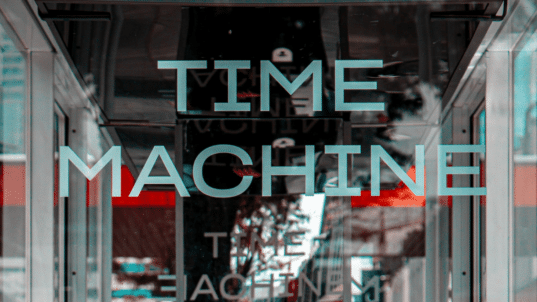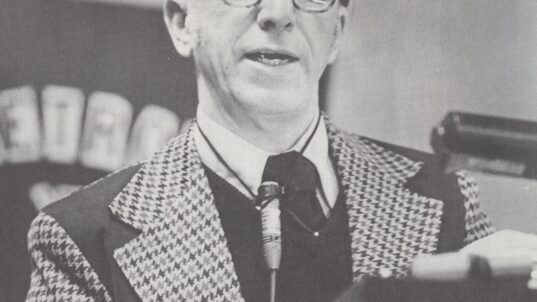I am in the 8th month of a year-long discussion project on the “Future of Higher Education in the US.” At this stage, I get the sense that participants are wondering about the potential impacts of their work. Who will find all this talk interesting? If there are interested people, will this project make a difference? I lack a concrete response for those concerns; however, the recent marketing and research efforts by IF are promising signs that the group’s ideas will have a larger reach.
Yet, there is still the question of influence. How will this work affect policy making? On a recent trip to South Africa, I was introduced to a process that offered possibilities for how citizen-based policy ideas could directly influence policy. During the trip, I had the pleasure of meeting with a representative of Idasa (Institute for Democracy in Africa). Idasa helped facilitate the deliberations that brought democratic elections to South Africa in 1994. Today, they are working to build democratic societies throughout Africa with partners from around the world.
One way they work to achieve their mission is by building the capacity of citizens to engage formal political processes. This is important considering that public participation is to be included in the South African legislative process. In other words, a policy can be contested in Constitutional Court on the grounds that it failed to engage the public during the policy making process. See this recent post: http://www.the-african.org/blog/?p=469
Idasa works with the South African Parliament in a third-party manner to help create and critique policy. This could be a model for US dialogue and deliberation efforts. There is great potential for groups like IF to play similar roles in US national, state, and local governance structures. If those processes were in place, I wonder how that might change the conversation and skepticism in the current discussion on higher education.



